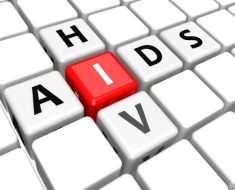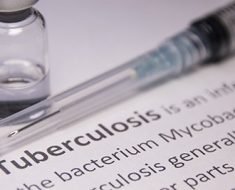Having sex during your period has amazing health benefits; studies show that it can help relieve menstrual cramps and ease the fatigue that tends to hit at this time of the month.
But just because your flow is running like the Red Nile doesn’t mean you’re in the clear to ditch the condom. Not only is it possible to get pregnant during your period (yes, really), you’re also at a higher risk of contracting an STI, says Sherry A. Ross, MD, women’s health expert and author of She-ology: The Definitive Guide to Women’s Intimate Health. Period.
What exactly changes your infection odds? During shark week, the cervix opens slightly to allow blood to pass from the uterus, explains Mary L. Rosser, MD, PhD, director of obstetrics and gynecology at Montefiore Health System in New York City. “When this happens, bacteria and viruses can travel into the upper cervix and uterine cavity,” says Dr. Rosser.
There’s another factor boosting your risk as well. On a non-period day, your vagina naturally has a protective acidic pH, which helps prevent the passage of certain STIs, says Dr. Ross. But when you’re menstruating, the vagina becomes less acidic and more alkaline. That makes it easier for microbes to survive and thrive in your reproductive tract.
Almost every STI poses a slightly larger threat when you have your period. Bacterial infections such as chlamydia and gonorrhea can be especially dangerous, however, because once they get beyond the cervix, they can turn into pelvic inflammatory disease, a more serious infection of the reproductive tract that can affect your fertility.
HIV and hepatitis are also dangerous. “Period blood is the perfect Petri dish for spreading disease,” says Dr. Ross. “Bloodborne sexually transmitted infections like HIV and hepatitis love the nutrients that a period has to offer.”
Let’s be clear: We do not want to deter you from getting it on during your period—we love period sex, and we’re always singing its praises. But if you’re going to do it and you’re not 100% sure your partner is STI-free, make sure you use a condom for protection.
“If you’re smart and strategic, you can still have a great time,” explains Dr. Ross. So keep yourself protected and follow the same protocol as you would on any other day. That means “condoms, condoms, condoms!” says Dr. Rosser.
Source: Read Full Article





